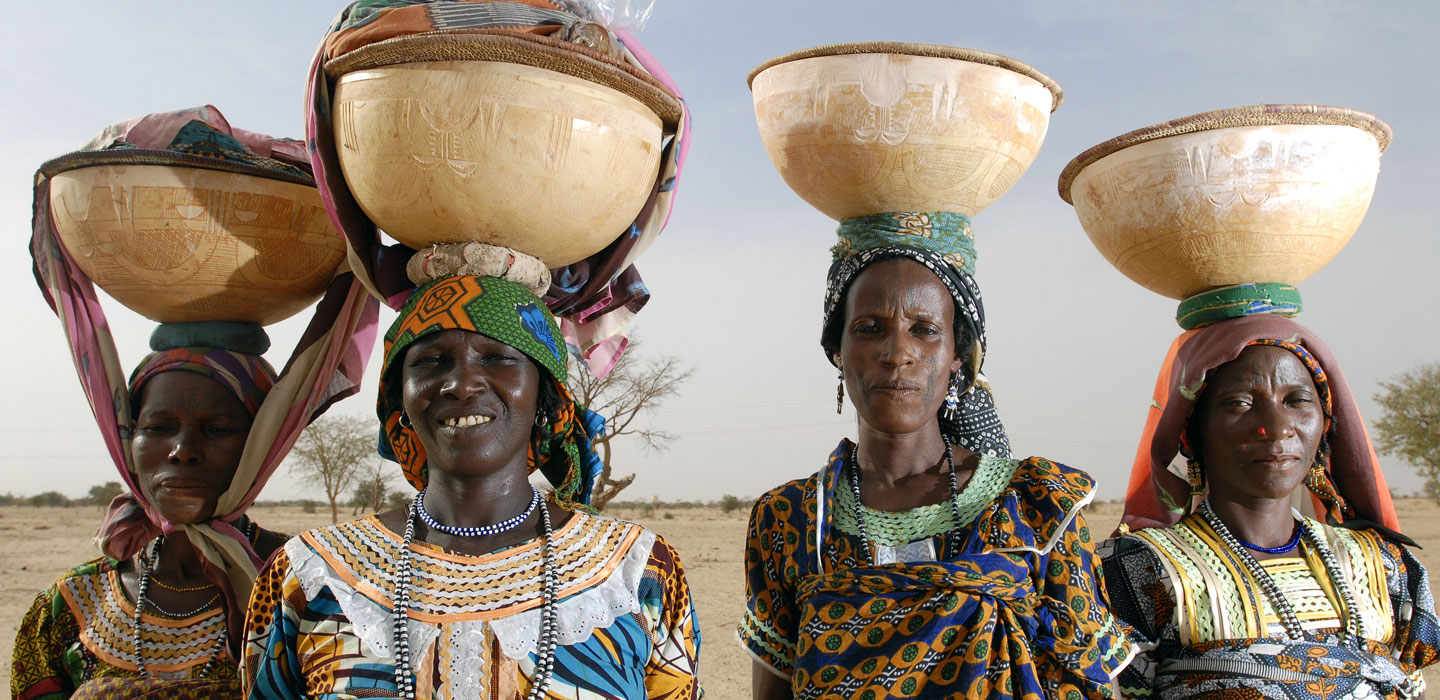Tools and guidelines
الأدوات والإرشادات

الأدوات والإرشادات
عرض القائمة
Search Results Filters
نتائج البحث
Lessons learned: Access to finance for renewable energy technologies
Toolkit: Access to finance for renewable energy technologies
Rural women's leadership programme in grass-roots organizations: a case study in Nepal
Women-led business and value chain development; a case study in Tajikistan
Investments in smallholder goat development and related value chains are effective means to reduce poverty and increase the incomes of men and women from resource-poor households. They are also effective channels to promote gender equality and women’s empowerment in remote mountainous
areas.
Indigenous Peoples Glossary (English, French, Spanish)
Secretary (Language Services) and the Indigenous Peoples Desk in the Policy and Technical Advisory Division. The purpose of the glossary is to ensure
consistency and accuracy of terminology in English, French and Spanish, and standardize the terminology used in relation to indigenous peoples in official
documentation and publications, and in all aspects of meeting preparations. It is intended for use by IFAD staff, indigenous peoples' organizations and other
interested parties. Terms and definitions are accompanied by details of the source document and its date of publication.
Integrated promotion of gender equality and women's empowerment: economic empowerment, decision-making and workloads
address the cross-cutting and multifaceted nature of gender inequality through multiple entry points.
Household methodologies
Toolkit: Supporting smallholder seed systems
How to do: Supporting smallholder seed systems
Lessons learned: Supporting smallholder seed systems
How to do note: Design of gender transformative smallholder agriculture adaptation programmes
Belize: Country Technical Note on Indigenous Peoples Issues
To facilitate policy implementation at the country level, IFAD‟s Policy on Engagement with Indigenous Peoples (2009) recommended that Country Technical Notes be prepared to provide country-specific information on indigenous peoples, as well as to contribute to the development of country programme strategies and project design.
Remote sensing for index insurance - Findings and lessons learned for smallholder agriculture
How to do note: Poverty targeting, gender equality and empowerment during project design
Toolkit: Poverty targeting, gender equality and empowerment
IFAD’s approach to policy engagement
Module 1: How and when to do mapping and profiling of farmers’ organizations
Module 3: Support to farmers’ organizations business models
How To Do Note: Engaging with farmers’ organizations for more effective smallholder development
Lesson learned: Designing and implementing conservation agriculture of IFAD investments in sub-Saharan Africa
Toolkit: Designing and implementing conservation agriculture of IFAD investments in sub-Saharan Africa
How to do note: Designing and implementing conservation agriculture of IFAD investments in sub-Saharan Africa
Toolkit: Engaging with farmers’ organizations for more effective smallholder development
Module 2: How to support farmers’ organizations in designing their business plans
Scaling up note: Gabon
How to do Strengthening community-based commodity organizations
How to do note - Formalising community-based microfinance institutions
Lessons learned - Formalising community-based microfinance institutions
Toolkit: Formalising community-based microfinance institutions
Gender in climate smart agriculture, Module 18 for the Gender in Agriculture Sourcebook
Compendium of rural women’s technologies and innovations
Toolkit: Reducing rural women’s domestic workload through labour-saving technologies and practices
Lessons learned: Reducing women’s domestic workload through water investments
There is a recognized need in the water sector for more accurate data on access to water in terms of the distance travelled and the time needed to collect water to meet all household needs, and who or what combination of people are involved in water collection.
How to do note: Reducing rural women’s domestic workload through labour-saving technologies and practices
This How To Do Note looks at the opportunities provided by labour-saving technologies and practices for rural women in the domestic sphere. The purpose is to inform IFAD country programme managers, project teams and partners of proven labour-saving methods available to reduce the domestic workload and how they can best be selected and implemented – to help promote equitable workloads between men and women and contribute to poverty eradication.